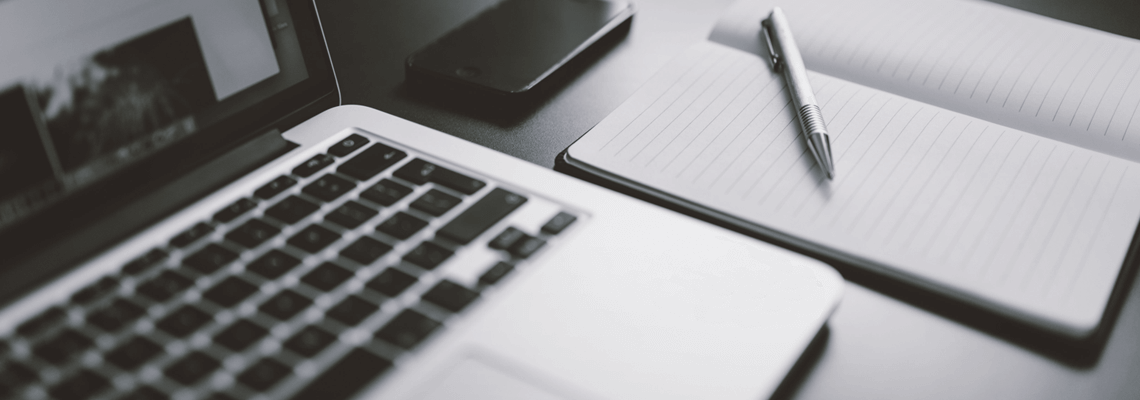
6 STEPS TO HEALTHY SPENDING
Many of us spend money without really thinking about it.
We’ve done it so much that it’s practically a reflex. This is a dangerous money mindset.
However, you CAN change it.
With an effective thought process, your spending can be far more meaningful to your life. You’ll likely spend less money, too.
To Get Better Use from Your Money, Follow These Steps:
Before spending any money, take a moment. Even if it’s a small purchase, ask yourself if this is a good way to use your hard-earned money. Merely adding some space between an impulse and a purchase can eliminate a lot of unnecessary spending. However, this doesn’t only apply to impulse purchases. Try it with your monthly bills. For example, there are people with cable that never watch TV. Examine all of your spending and determine if the expense is worth it.
What is the long-term cost? The future value of money can be difficult to conceptualize. There are many calculators online that will do the analysis for you. Consider that $100 invested at 10% (the average long-term stock market return) is worth over $2,000 in 30 years. If the purchase isn’t something you need, consider investing the money instead.
What is the short-term cost? Does buying this pizza mean paying your cell phone bill late? Look ahead and determine what it will cost you. Maybe buying that pair of shoes means you can’t take the kids to see a movie next weekend. Make a budget to help you with these short-term projections if you don’t already use one.
What is the effect on your health? Alcohol, tobacco, and unhealthy foods can be enjoyable, but can be very dangerous for your health. Before making any purchases, consider the risk. Don’t limit this consideration to food—consider your health before participating in potentially dangerous activities. Is it worth it? Only you can decide.
What is the effect on your peace of mind? Owning too much stuff creates clutter that can really weigh you down. It may be helpful to get rid of an item every time you purchase something new. Sell the old item can help to offset the cost. Getting rid of an old item is also good test to see if the new item is really worth it. Having a guilty conscience is another thing to consider. If it feels wrong, it likely is wrong for your situation.
Do you need it? Do you love it? Before purchasing something, ask yourself if you need it. If you don’t need it, ask yourself if you love it. If the answer to both of these questions is “no,” why would you purchase it? Most of us have limited resources. Limit your purchases to things you need or love. It’s worth the time or extra money to find and buy something you love and will enjoy long term.
Finances are an important part of life. It’s much easier to enjoy life if you have the resources to pay your bills and enjoy your favorite activities. This is much easier to accomplish if you’ll think about your spending in a new way. Healthy spending will lead to a more fulfilling life.
